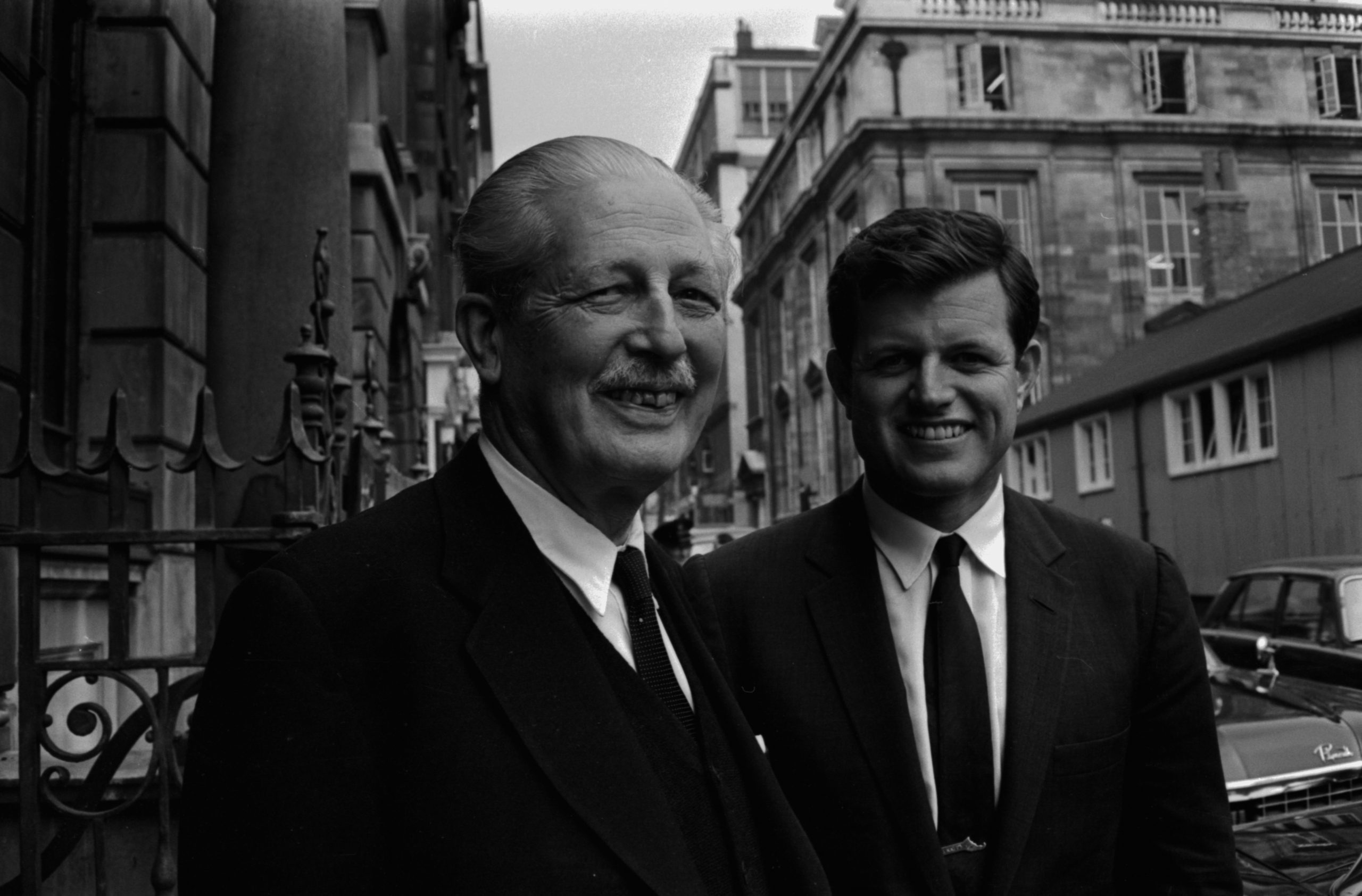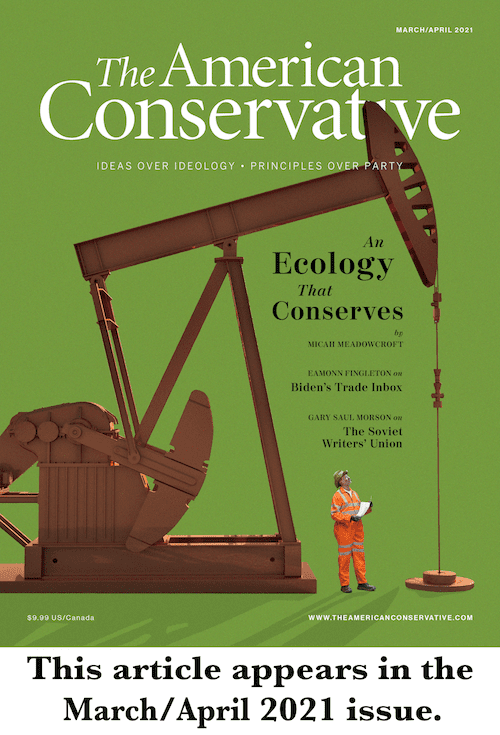Forgetting the Past, Forging a Future

Winds of Change: Britain in the Early Sixties, by Peter Hennessy, (Penguin: 2020), 602 pages.
Peter Hennessy’s Winds of Change is the last volume in a trilogy covering the years 1945 to 1965, during which Britain helped win a war but began to lose an empire, and everything altered. It is also autobiographical, because the early Sixties coincided with the author’s youth (he was born in 1947.) Hennessy’s life trajectory follows that of the country in which he grew up and which he loves with understated intensity.
Sagacious reflections are interspersed with anecdotes of years lived under the shadow of recent war and the even darker penumbra of potential annihilation. The West Country village he trudged home to after school was not far from the government’s secret bunker at Corsham, from which authority was supposed to be wielded in the apocalyptic aftermath of a nuclear strike. The period was one of such startling juxtapositions: sunlit and subterranean, new and old, excited “dawnism” and ramshackle “declinism.” The shining white-cliffed bastion of 1940 was by 1960 a shabby second-rater, emblematized by the “chipped white cups” from which the intellectual Michael Young sipped tea in a Dover café, giving him the title of an influential book of social critique.
Britain had been pyrrhically ruined by its “finest hour” and inherited an expensive and embarrassing Empire. Raymond Aron once marvelled how during the 1960s the British changed “from Romans to Italians.” He saw an epochal shift from dominance to dependency, seriousness to frivolity. Even preparations for the worst eventualities were marked by parsimony. Hennessy cites an exquisite correspondence between civil servants wondering how to ensure the prime minister’s car would always have the requisite four pence in case a nuclear attack occurred while he was traveling and he needed to make a telephone call to London. Perhaps, one suggested, the government should join the Automobile Association to gain access to their call boxes.
Prime Minister Harold Macmillan’s “creative dirigisme” proved sadly inadequate economically. His Britain had an acute case of what P.G. Wodehouse called “anaemia of the Exchequer.” Her industries lacked investment and expertise. Mighty trade unions were impervious to change, as depicted in the 1959 film I’m All Right, Jack, starring Peter Sellers as a gauche, Soviet-besotted shop steward. Labour was demanding full-blown socialism for a new age of meritocracy and technocracy, and the Tory monetarists of the future were still up-and-coming.
In 1960, Macmillan was 66 but looked older, with his Edwardian tailoring, walrus moustache, shuffling gait, weak handshake, lugubrious manner, and spare time spent grouse-shooting and reading Trollope. His ineffective image was deceptive—the halting walk and handshake were caused by gallantly sustained Great War wounds—and bumbling bluffness concealed a calculating political mind, a sharp sense of history, and mordant humour. It also masked powerful feelings, especially a dread of nuclear catastrophe, which impelled his greatest triumphs, advising Kennedy over Cuba and the Partial Test Ban Treaty of 1963.
Macmillan may have been too history-haunted. The anti-Germanism which distorted his European outlook was partly a product of the recurring pain from the Somme shrapnel lodged in his pelvis. In search of both economic salvation and a post-imperial national destiny, he sought to join the booming European Economic Community. Rather than emulating West Germany’s economic miracle or asking Bonn to help negotiate better entry terms, he trusted Charles de Gaulle. The general appears to have taken a perverse pleasure in leading him on only to rebuff him ultimately. Perhaps Britain’s history with the EU might have been different without that public humiliation.
Beyond Europe, Macmillan made a celebrated 1960 speech in Cape Town about a “wind of change” blowing across the world. There was a rush to dispose of the Empire before it revolted, as had happened, or was happening, in Malaya and Kenya and to the Belgians, French, and Portuguese. Nineteen territories gained independence between 1960 and 1965. Macmillan devoted 10 times more attention to the febrile Central African Federation, which lasted a decade, than to that infinitely more important imperial legacy, large-scale Commonwealth immigration. Hennessy believes it was “psychologically important” for the British to leave “with dignity and good order.” Seen from today’s “decolonizing” perspective, all this punctilio seems pointless.
The Empire’s ebb was paralleled by Macmillan’s waning powers, and not only his. The Profumo scandal of 1963 was a disaster for the old-school Establishment. Secretary of State for War John Profumo (Harrow, Oxford) had shared a mistress, Christine Keeler, with the Soviet naval attaché, and lied about this to Parliament. The appalling security implications became entangled in backstreet sordidness when two thugs who had also been involved with Keeler were involved in a shooting incident. The ensuing drama led to one suicide and a hurricane of prurient revelations and rumours about high society. The frenzy was given point and force by the nascent “satire boom.” The stage revue Beyond the Fringe had been going since 1960, Private Eye since 1961.
 In 1963, the year De Gaulle vetoed Britain’s first EEC application, Macmillan resigned. Change was everywhere, and accelerating: expanding education, motorways, supermarkets, tower blocks, the Pill, pop. The Beatles had their first U.K. number one hit. The Bishop of Woolwich’s book Honest to God attracted accusations of atheism and heresy but sold 3.5 million copies. Across the denominational divide, Vatican II was in full council. Future Prime Minister Harold Wilson’s masterly oration of October 1963 hailed a Britain “being forged” in the “white heat” of technology. Wilson’s rhetoric was Whiggishly patriotic, invoking all the promise of the Industrial Revolution without any of its squalor. There were darker notes—Mods and Rockers knife-fighting at Brighton, racial resentments, spiralling crime and drug use—but cautionary notes couldn’t be heard above the thundering juggernauts. The white heat came and smelted everything.
In 1963, the year De Gaulle vetoed Britain’s first EEC application, Macmillan resigned. Change was everywhere, and accelerating: expanding education, motorways, supermarkets, tower blocks, the Pill, pop. The Beatles had their first U.K. number one hit. The Bishop of Woolwich’s book Honest to God attracted accusations of atheism and heresy but sold 3.5 million copies. Across the denominational divide, Vatican II was in full council. Future Prime Minister Harold Wilson’s masterly oration of October 1963 hailed a Britain “being forged” in the “white heat” of technology. Wilson’s rhetoric was Whiggishly patriotic, invoking all the promise of the Industrial Revolution without any of its squalor. There were darker notes—Mods and Rockers knife-fighting at Brighton, racial resentments, spiralling crime and drug use—but cautionary notes couldn’t be heard above the thundering juggernauts. The white heat came and smelted everything.
The author does not admire all the outcomes, but his Boomer optimism remains largely undimmed. There is some repetition in Winds of Change, and arguably too much on economics, and too little on either culture or the environment. He nevertheless provides a reliable guide to what happened and why, and how some of it seemed to some of the period’s protagonists. It is a bittersweet reminder of a “better yesterday.”
Derek Turner is a novelist and reviewer, and editor of The Brazen Head webzine.
Comments